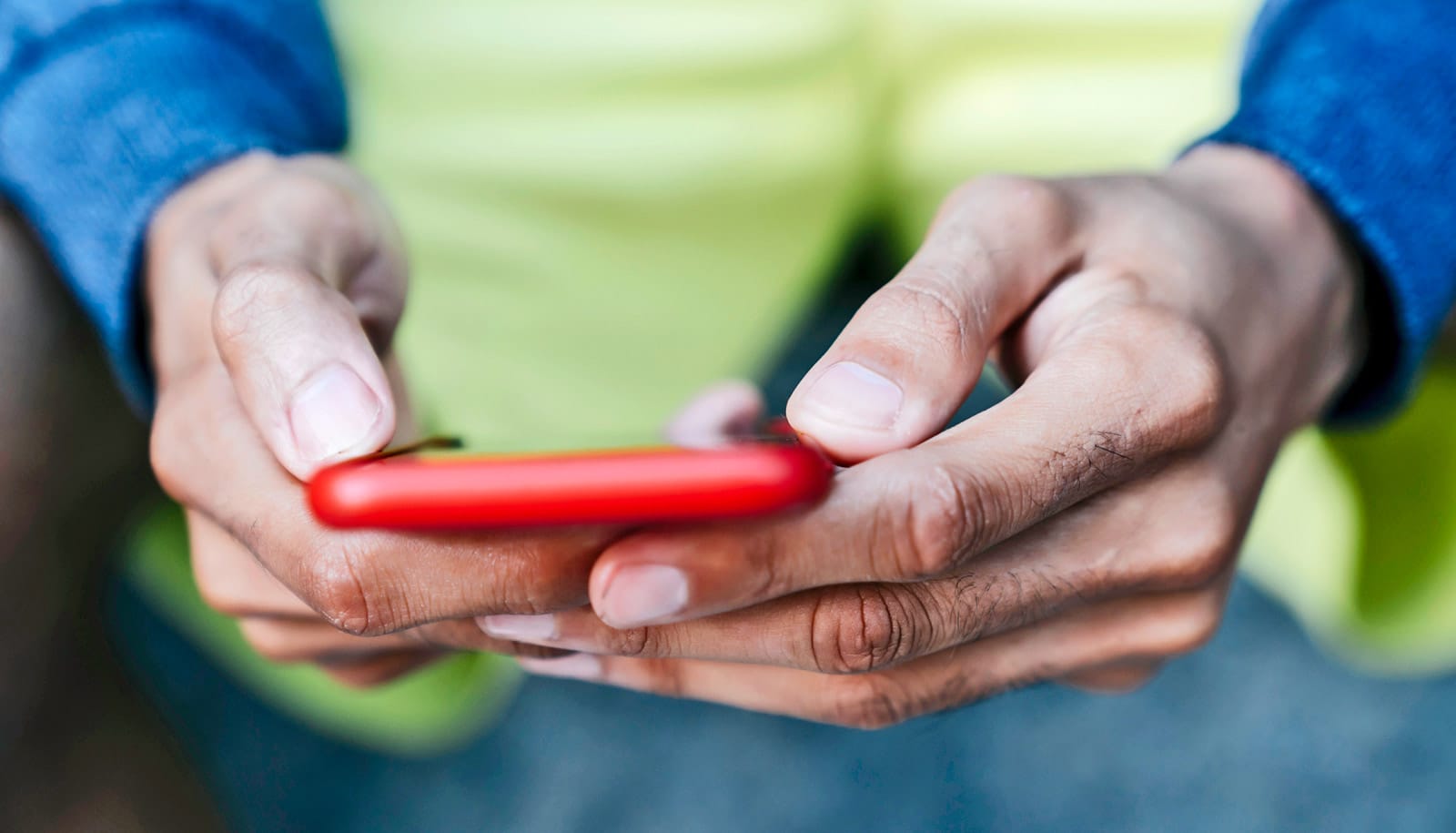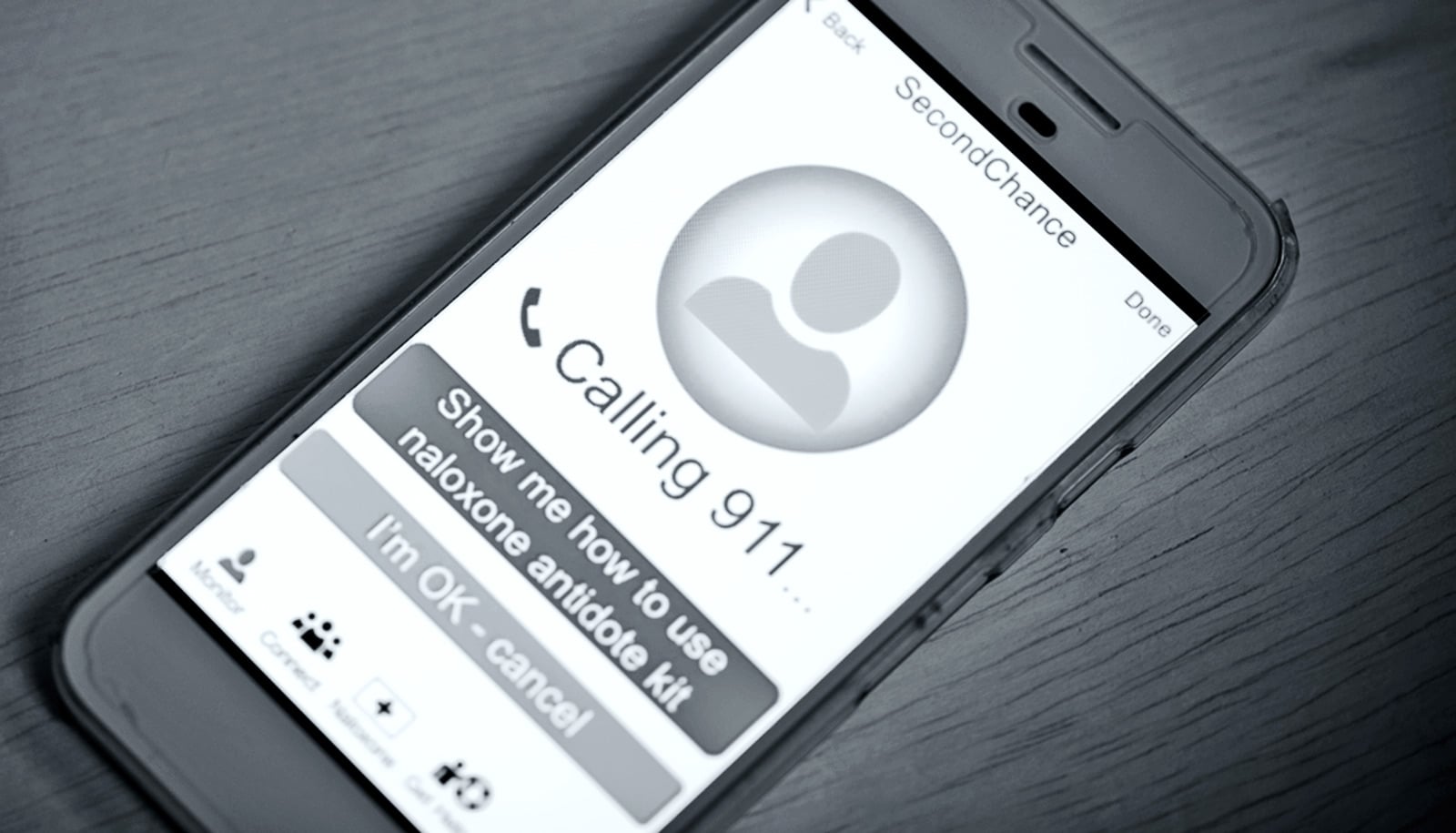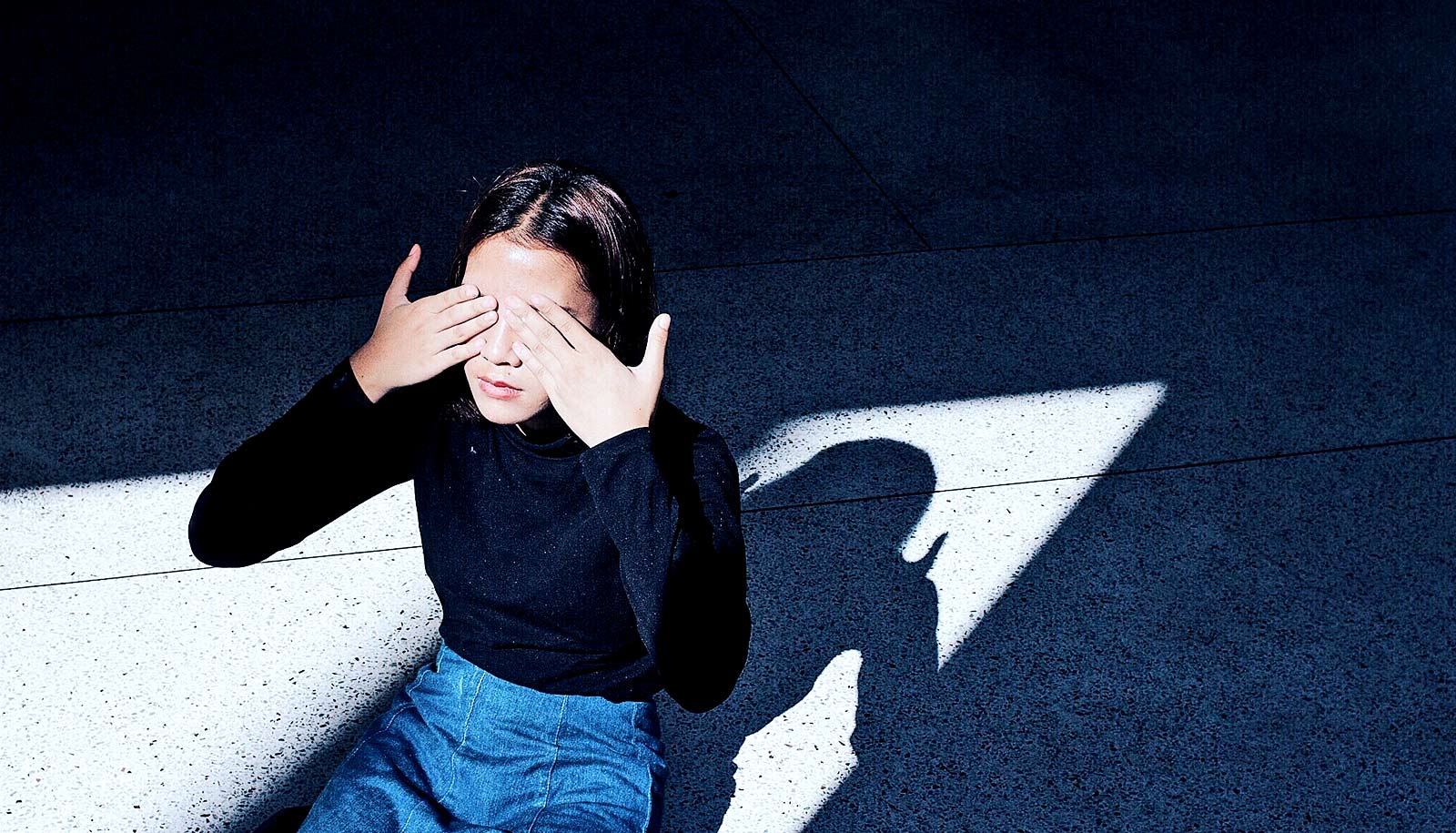A smartphone app could help people with schizophrenia manage their symptoms, especially after regular clinic hours, a new study shows.
“Individuals with serious mental illness can and do interact frequently with a mobile health app that provides added support to help them manage their illness,” says Eric Achtyes, associate professor of psychiatry and director of the psychiatry and behavioral medicine division at Michigan State University.
The FOCUS app won’t replace clinicians, Achtyes says, but is “meant to fill in those gaps” when professional help is not readily available.
For the new study, which appears in Schizophrenia Research, 367 patients at 10 national sites received the smartphone app to use within 60 days of their release from the hospital. The time period is particularly high risk for relapse and re-hospitalization, researchers say.
Patients used the app 75,447 times and initiated nearly half of those logins. Participants self-initiated about one-quarter of the total logins on evenings, weekends, or holidays, when it was possibly difficult to get in touch with professional help at a clinic.
The app prompted patients up to three times a day and offered tips on managing symptoms in five areas: medications, mood, social, sleep, and voices. The patients could also log into the app as often as needed.
The app could be especially useful for patients in underserved areas, where psychiatric help is not readily available, Achtyes says. Also, older adults logged in more frequently than younger patients.
“We’ve now found a way that is acceptable for people from all sorts of backgrounds to get help,” Achtyes says. “This whole field of technological support for illness management is in its infancy, and we are still learning how best to use it.”
Researchers are planning a follow-up study that uses a revised version of the app that includes voice and video to help those with lower levels of education and literacy. “I am hopeful that revised versions will be widely available in the not-too-distant future,” Achtyes says.
Dror Ben-Zeev, a professor at the University of Washington, developed the app. Additional coauthors are from Michigan State.
Source: Michigan State University



